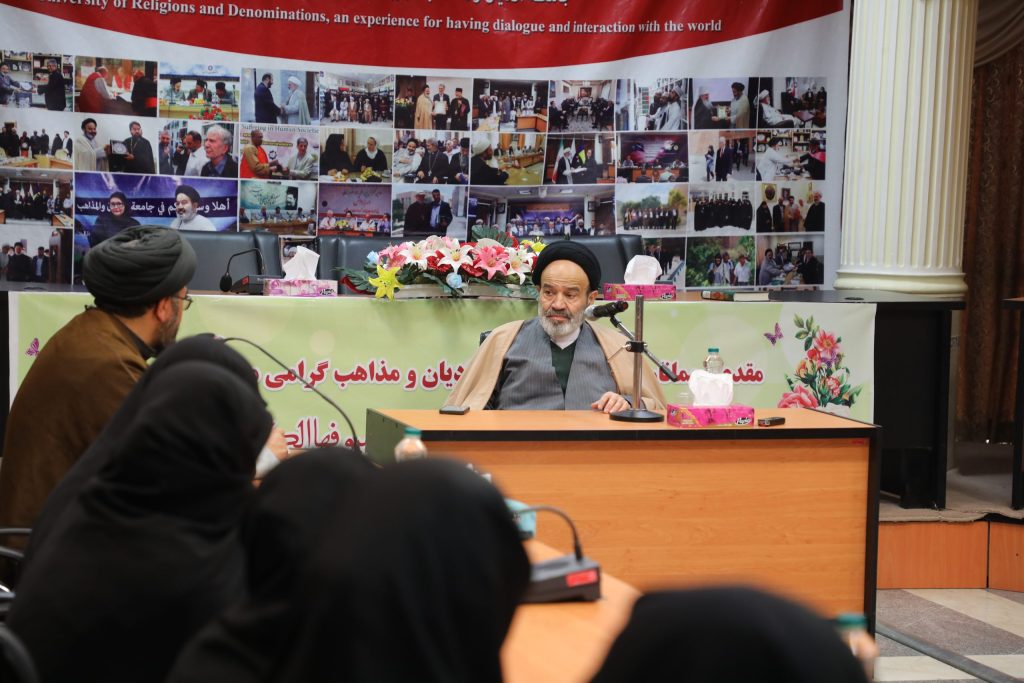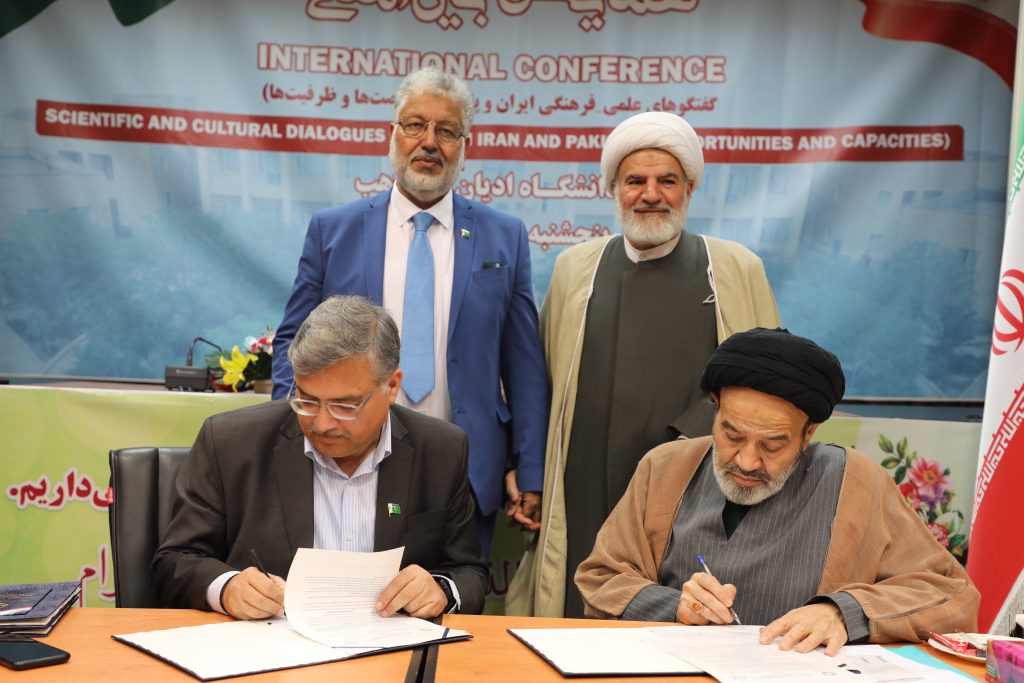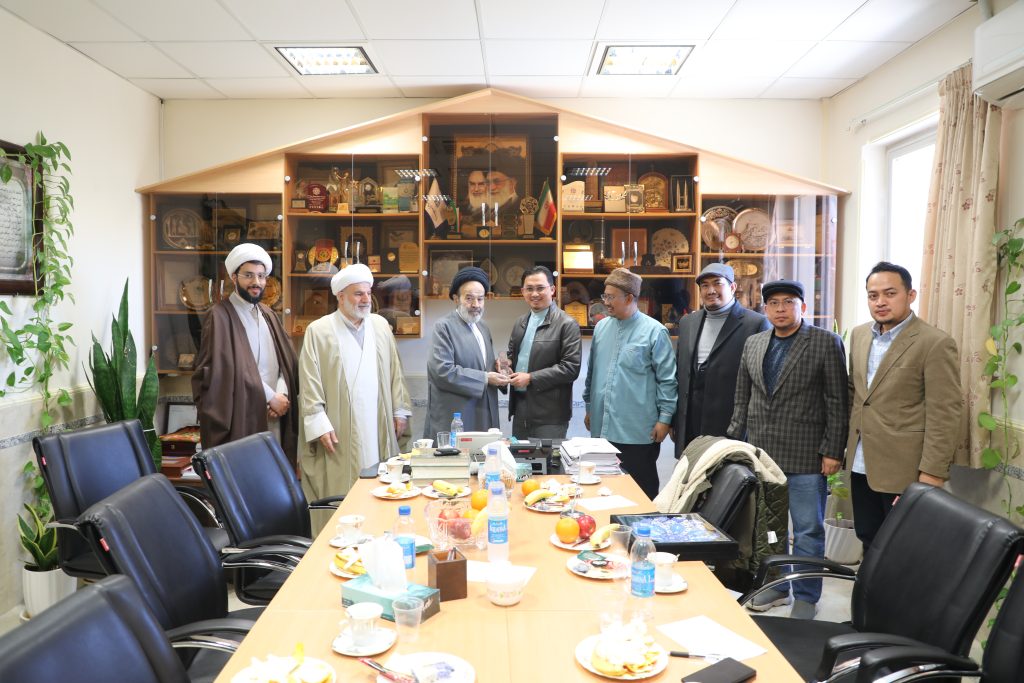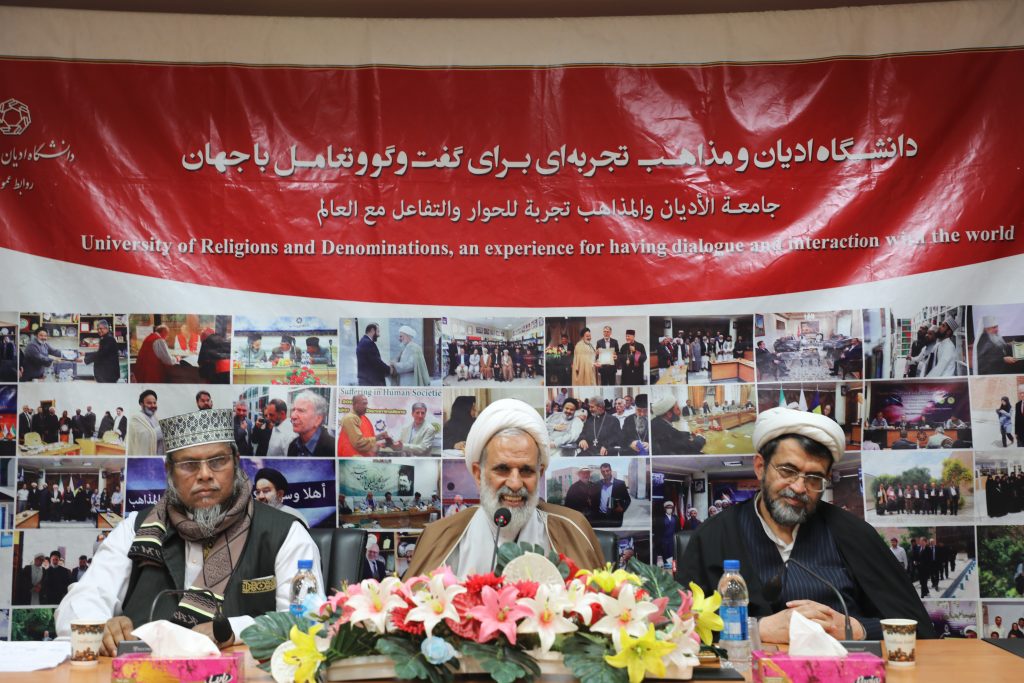A meeting on the lack of Shiite historical sources was held
A scientific-promotional conference was held with the topic of investigating and criticizing the causes of the lack of Shiite historical sources
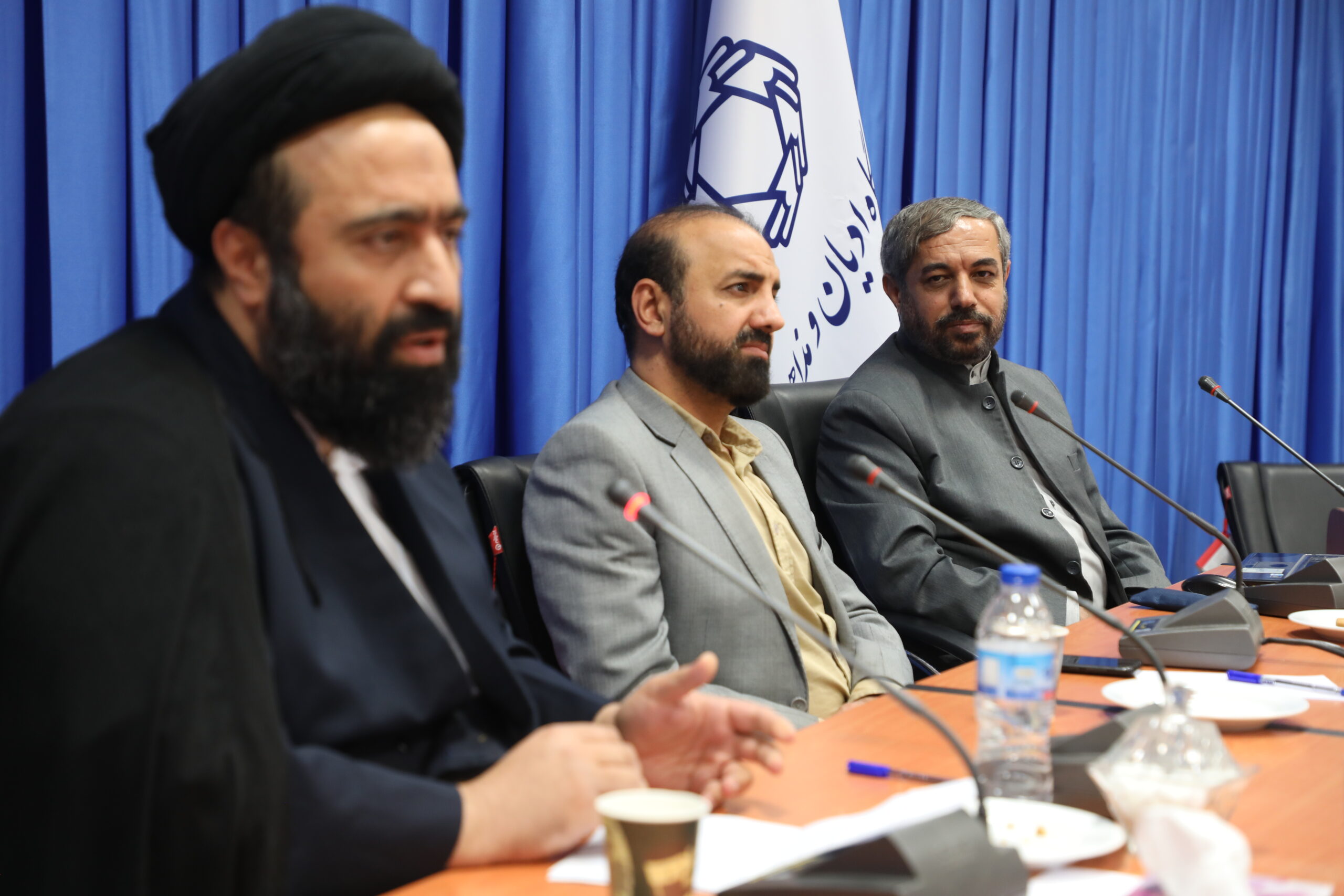
The meeting of “Investigation and criticism of the causes of the lack of Shia historical sources” with the presence of Dr. Mohammad Zare Bushehri as the presenter and Dr. Seyed Akbar Mousavi Tanyani as the critic was held.
At the beginning of this meeting, Dr. Mohammad Zare Bushehri mentioned some of the causes of the historical lack of Shiite sources and stated: many of our books and historical sources were lost in wars, especially in the Mongol war.
some of our resources have really disappeared and do not exist. The question here is whether these non-existent sources create a problem in our perceptions in the field of history or not?
He continued: Some believe that perhaps these sources have been lost, but some of them are present in later sources and do not create a problem. Others believe that we can also rely on historical facts and it does not need to be documented. The second argument is that we cannot accept historical facts, nor can we accept this claim that has no effect on the available data. In this regard, three political, social and military axes will be investigated and explanations will be provided. In general, according to the sources I extracted, I came to the conclusion that around 1400 important works of historical sources have been lost.
In the continuation of the meeting, Dr. Seyyed Akbar Mousavi Tanyani said regarding the military attacks and especially the Mongol attack: I also agree with Dr. Bushehri and it cannot be said that he accepted the Mongol attack in the way it is stated. Because after the Mongol invasion, the space for other sects and ideas, especially Shi’ism, was very open and it came out from the pressure of Sunnis.
He continued: The factors he mentioned are general factors, and we did not find any examples in this article that depend on the destruction of Shiite books. If he showed that some Shiite books have been lost, it would have gained more value.
The second point should be said that his article examines and criticizes the causes of the lack of Shiite historical sources. In addition to the fact that Shia books are not displayed in this article, it can be said in more detail that historical books are not displayed either. If it was a reference from historical books, it was not in bold. This article was expected to show what books have been lost, especially historical Shia books.

